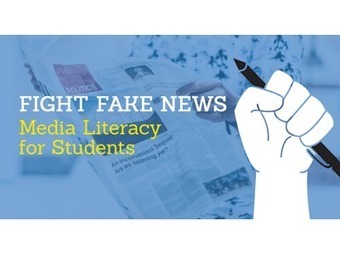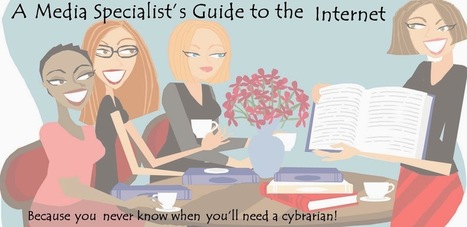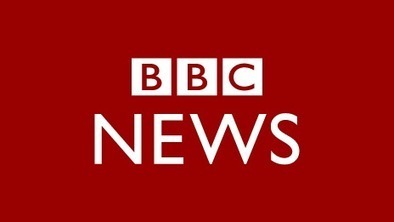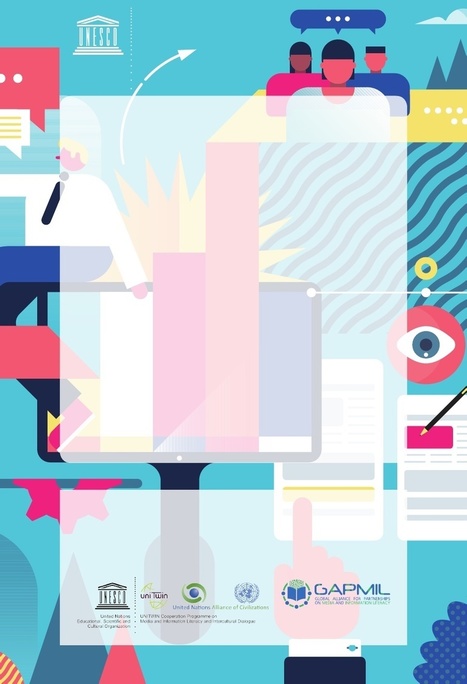Twenty years ago it was easier to identify fake news. There were the tabloid papers in the grocery store checkout line and the sensationalized “news” programs that promised inside looks at celebrity lives. Now, between the number of online information sites and the proliferation of social media apps, plus near constant mobile phone use, determining a story’s credibility seems to call for advanced detective skills. In her edWebinar “Fight Fake News: Media Literacy for Students,” Tiffany Whitehead, School Librarian for the Episcopal School of Baton Rouge, says that’s exactly what we need to teach students. While today’s youth may be aware that not everything on the Internet is true, they don’t have the tools to evaluate accuracy and authenticity.
Get Started for FREE
Sign up with Facebook Sign up with X
I don't have a Facebook or a X account
 Your new post is loading... Your new post is loading...
 Your new post is loading... Your new post is loading...

TrayKay's curator insight,
January 4, 2017 4:10 PM
The ability to discern bias in the news, and the incorrect usage of statistics are other important skills.

Marijke Trienekens's curator insight,
January 11, 2017 10:56 AM
Zie onderaan de uitgebreide lijst met links naar artikelen over nepnieuws!
|

Mary Reilley Clark's curator insight,
November 2, 2016 2:52 PM
What a great article to open a media literacy conversation! Have lies become institutionalized? Where do students seek information? Do they know how to check sources?
When I look at my own Facebook feed, I am amazed at how many adults repost or share articles that are hoaxes. Just today on LM_NET, someone asked about an article that mentioned a dubious news site. I can't find any verifiable information about the site itself or who is behind it, and I feel I have decent research skills. How do we expect our students to keep up with a flow of misinformation? |














